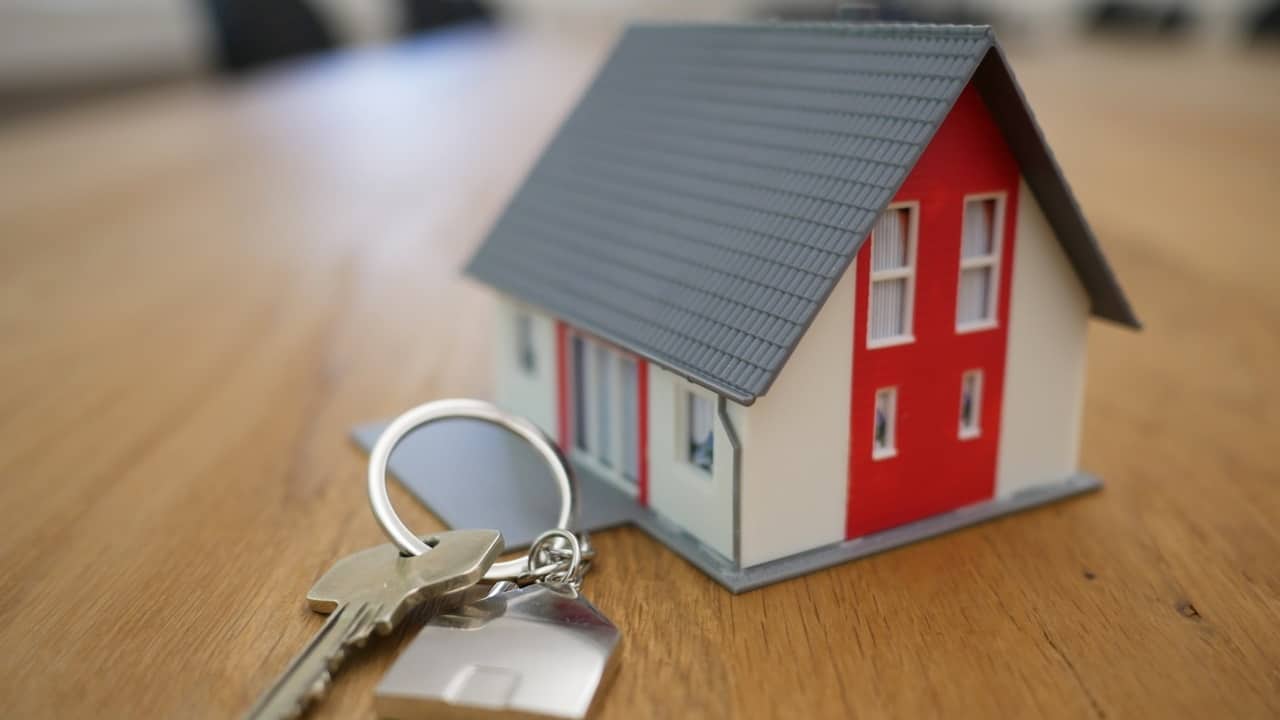Many people dream of owning a second home, whether it’s a vacation retreat or an investment property. If you’re considering buying a second home, you may be wondering if you can use an FHA loan to finance your purchase. In this article, we will explore the possibilities of buying a second home with an FHA loan and provide you with the information you need to make an informed decision.
1. Understanding FHA Loans
Before we dive into whether you can use an FHA loan for a second home, let’s first understand what an FHA loan is. The Federal Housing Administration (FHA) is a government agency that insures loans made by approved lenders. FHA loans are particularly popular among first-time homebuyers and those with lower credit scores, as they typically have more lenient eligibility requirements compared to conventional loans.
With an FHA loan, borrowers can benefit from lower down payment requirements, flexible credit guidelines, and competitive interest rates. These loans are meant to make homeownership more accessible for individuals who may not qualify for conventional financing.
2. Primary Residence Requirement
When it comes to FHA loans, one of the key requirements is that the property being financed must be the borrower’s primary residence. This means that you typically cannot use an FHA loan to finance a second home or an investment property.
However, there are a few exceptions to this rule:
- Non-occupying Co-Borrower: If you’re buying a multi-unit property (2-4 units) with an FHA loan, you can live in one unit as your primary residence and rent out the others. In this scenario, you can finance the property with an FHA loan.
- Relocation: If you are required to move for work and the new location is beyond a reasonable commuting distance from your current home, you may be eligible for an FHA loan on a new primary residence while keeping the existing home as a second home.
3. Using an FHA 203(k) Loan for a Second Home
While standard FHA loans may not typically allow financing for a second home, there is an alternative option known as the FHA 203(k) loan. This loan program is specifically designed for homebuyers who want to purchase a fixer-upper property and finance the cost of renovations.
The FHA 203(k) loan allows borrowers to roll the purchase price and renovation costs into a single loan, making it possible to buy a second home that needs repairs or improvements. However, keep in mind that the property must still meet the primary residence requirement after the renovations are completed.
4. Considering Conventional Financing for a Second Home
If an FHA loan is not an option for your second home purchase, you might want to consider conventional financing. Conventional loans, backed by private lenders, generally have stricter eligibility requirements compared to FHA loans. However, they may allow you to finance a second home or an investment property.
Here are a few things to consider when looking into conventional financing for a second home:
- Down Payment: Conventional loans often require a higher down payment compared to FHA loans. Typically, a down payment of at least 10-20% of the purchase price is required for a second home.
- Credit Score: Conventional loans generally have higher credit score requirements compared to FHA loans. Lenders may expect a credit score of 620 or higher for a second home purchase.
- Debt-to-Income Ratio: Lenders will also consider your debt-to-income ratio, which should be below a certain threshold. Generally, a ratio of 43% or lower is preferred.
- Interest Rates: Conventional loans may have slightly higher interest rates compared to FHA loans. It’s important to shop around and compare rates from different lenders to ensure you get the best deal.
5. Seeking Professional Guidance
When it comes to navigating the complexities of buying a second home, especially when it involves financing, it’s always a good idea to seek advice from a knowledgeable real estate professional or mortgage broker. They can provide tailored guidance based on your specific financial situation and help you understand your options.
In conclusion, while FHA loans are primarily intended for primary residences, there are certain circumstances where you may be able to use an FHA loan to finance a second home. If an FHA loan is not an option, you can explore conventional financing alternatives. It’s important to thoroughly research and consider your options before making a decision that best suits your needs and goals.

